The HAFA Farm is a 155 acre research and incubator farm located in Vermillion Township, just 15 minutes south of Saint Paul, Minnesota. HAFA sub-leases the land to our members who are experienced farming families. HAFA also maintains multiple research and demonstration plots to provide continuing education in sustainable agricultural practices to our member-farmers.
Since acquiring the HAFA Farm in 2013, we have begun implementing numerous sustainable agricultural practices such as composting, succession planting, installing grass roadways, laying down erosion blankets, planting waterway pollinator habitat, and restoring oak savanna. We are also keeping bees, executing a whole farm pollinator plan and conducting a multi-year cover crop research project to study the effects of various cover crops on water and soil health.
While HAFA farmers are not certified organic, this is not because they do not care about the environment. In fact, HAFA farmers have long relied on numerous sustainable growing practices such as crop rotation, intercropping and farming on the contour to provide for their families.
Since its founding in the fall of 2011, HAFA has worked to help our farmers get access to numerous bi-cultural and bi-lingual trainings so that they can be better land stewards. We discovered that some Hmong farmers use synthetic fertilizers to jump-start their transplants in the spring and make up for the short growing season in Minnesota and others use synthetic pesticides to safeguard their plants against bad bugs.
HAFA is working hard to support our farmers who want to improve those practices. For the past three years, we have held workshops on soil health, good agricultural practice (GAP), food safety protocols, and Integrated Pest Management (IPM). In spring 2015, we purchased hundreds of pounds of DiPel, an organically certified pesticide made from a naturally occurring bacteria, for our farmers to experiment with. We created a bilingual instruction sheet and held one-to-one tutorials with our members to teach them how to safety apply the product.
We are committed to building healthy farms that take into consideration soil and water quality, biodiversity, farmer and consumer health, and economic sustainability.
Learn more about what a healthy farm looks like here.
If you are interested in touring the HAFA Farm or learning more about sustainable agriculture, click here!

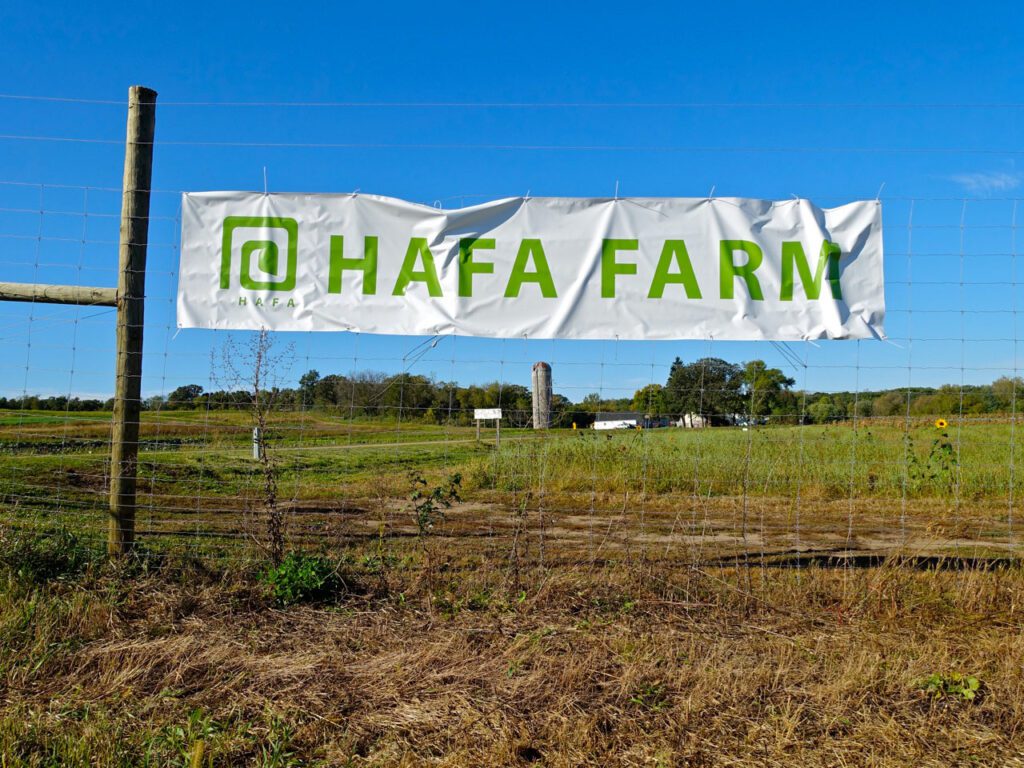
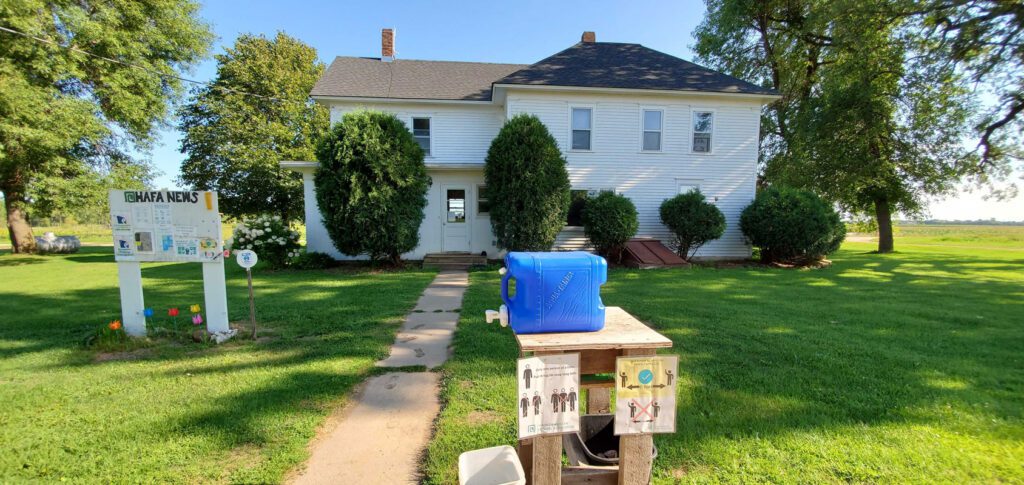
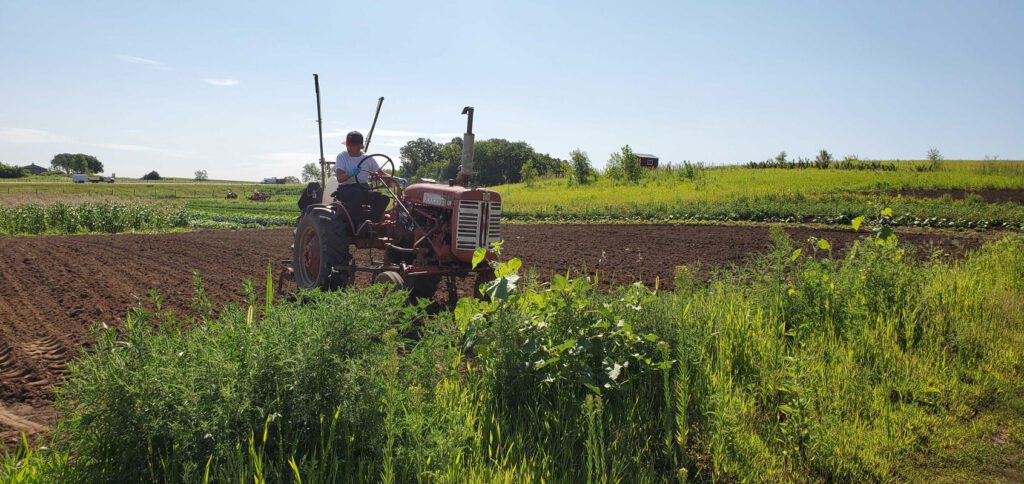
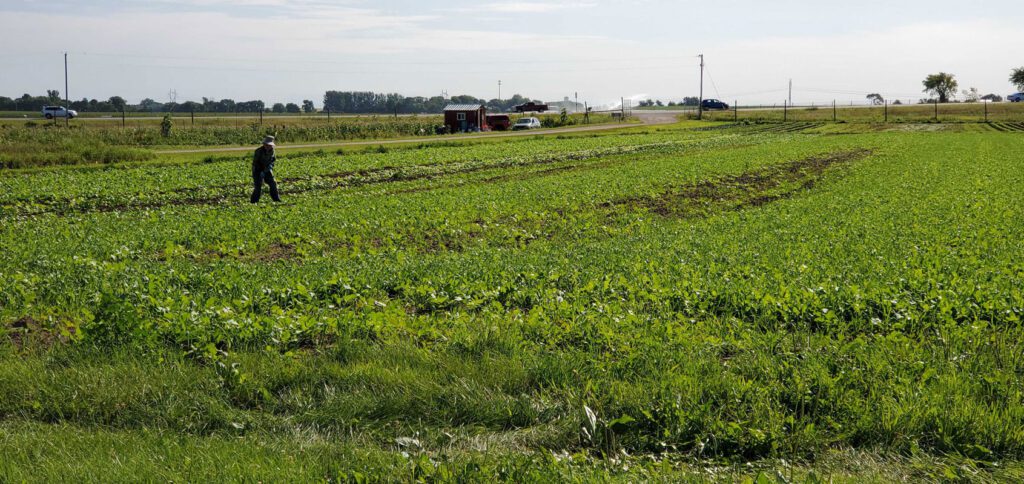
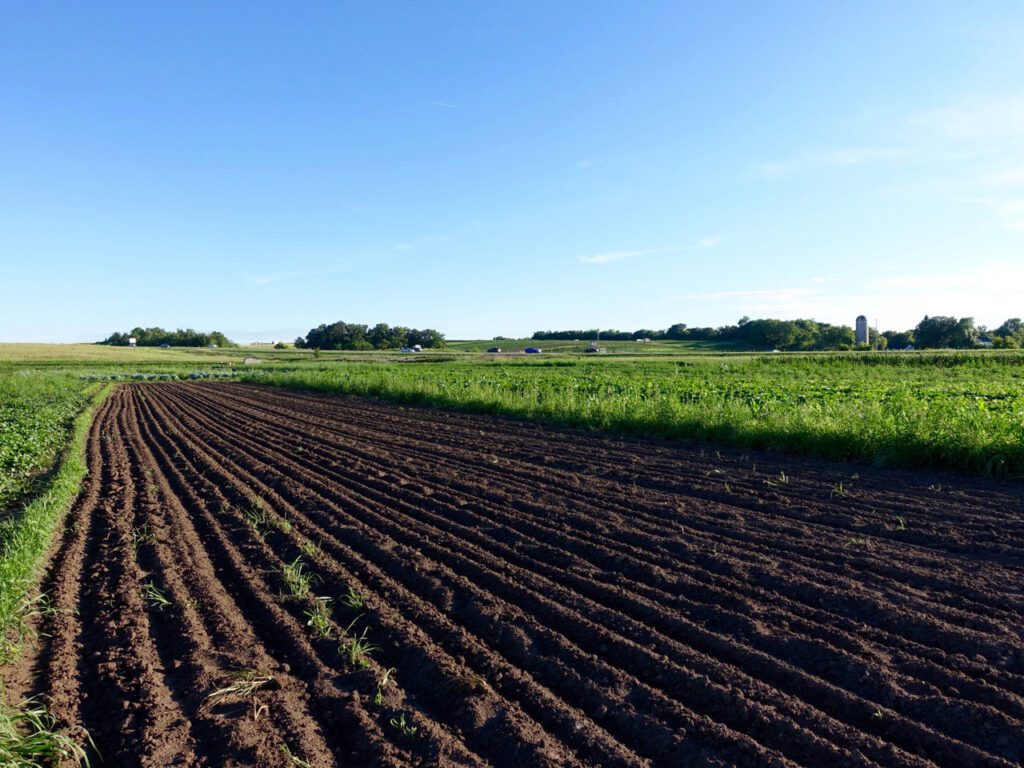
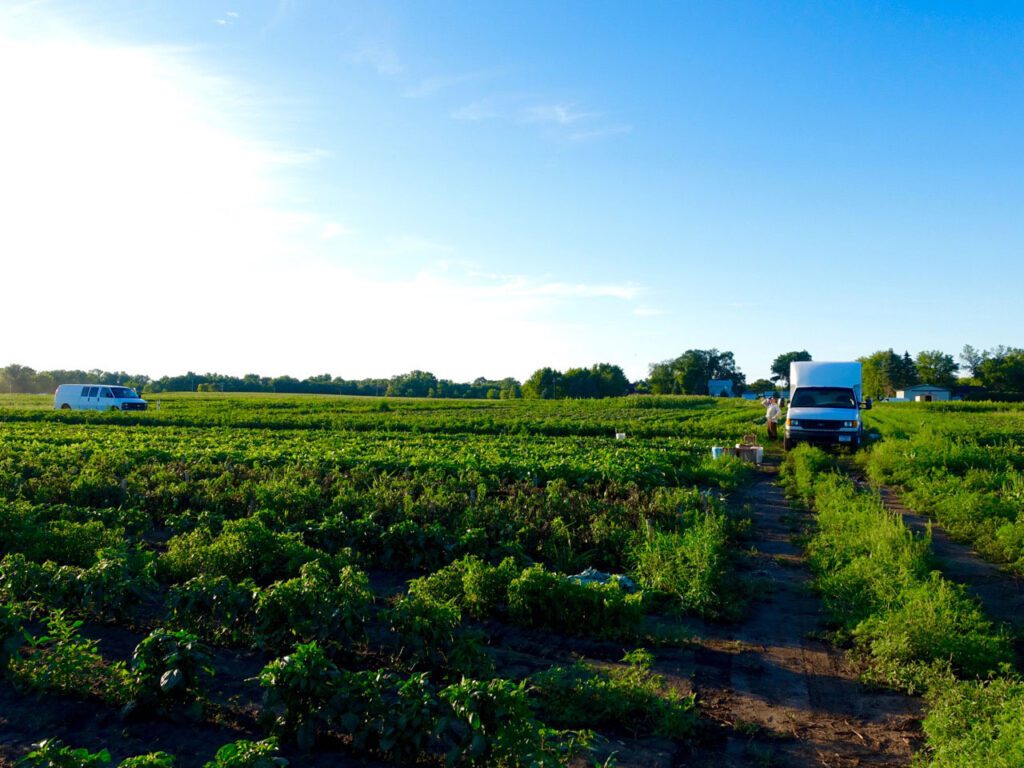
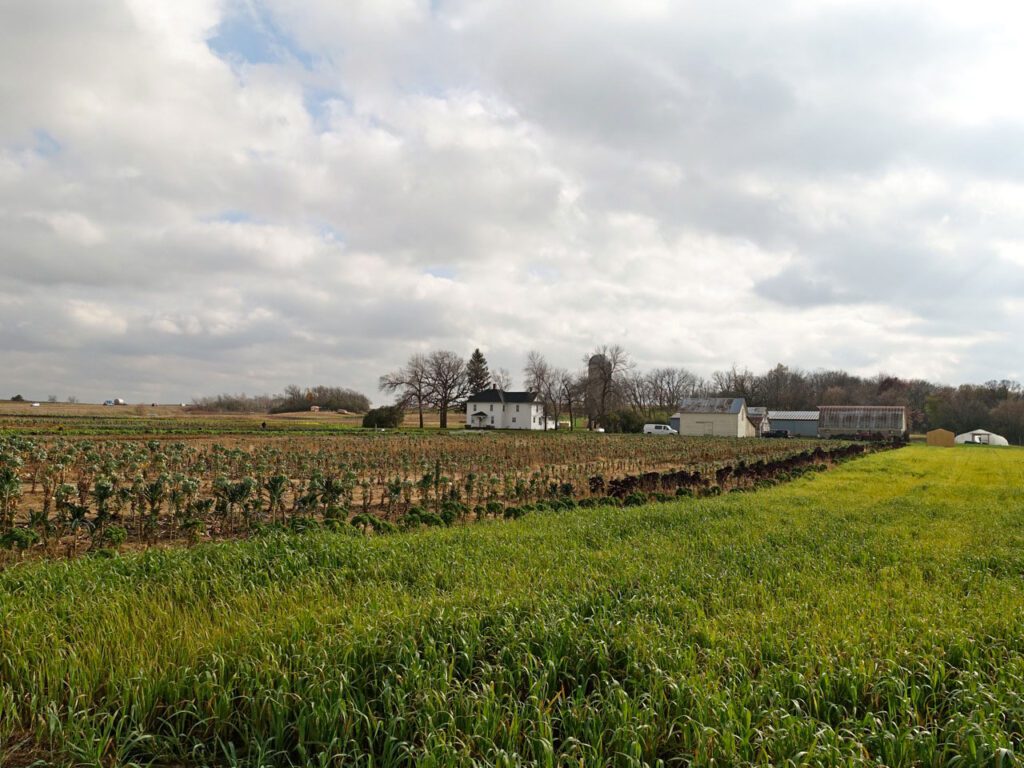
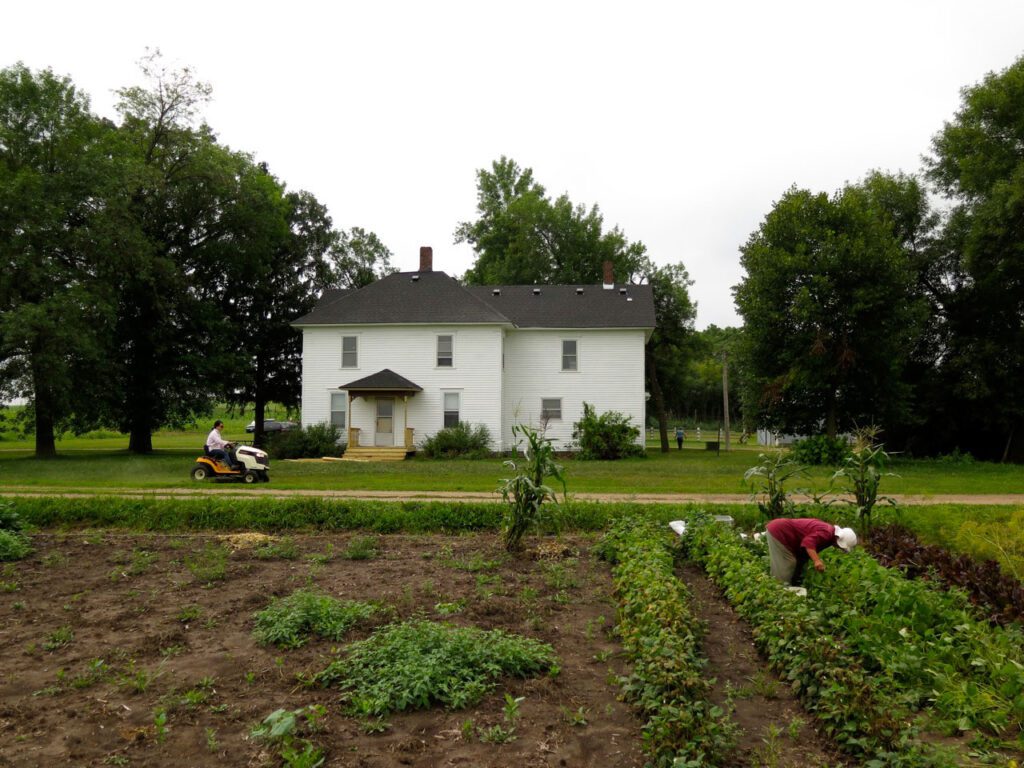
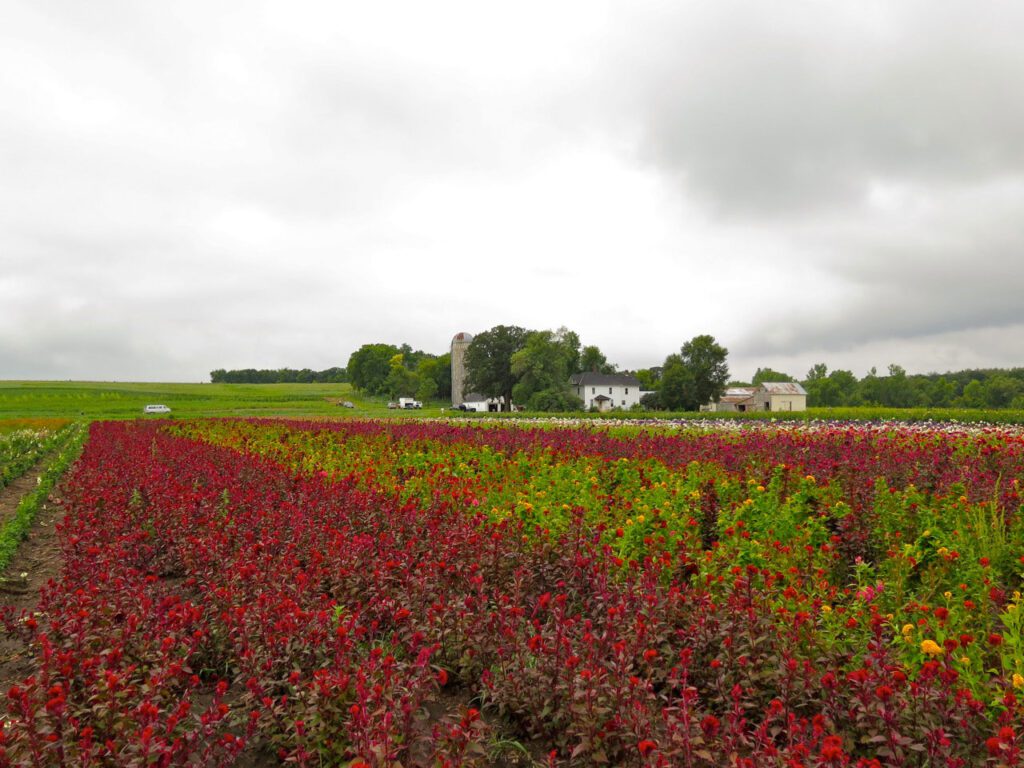
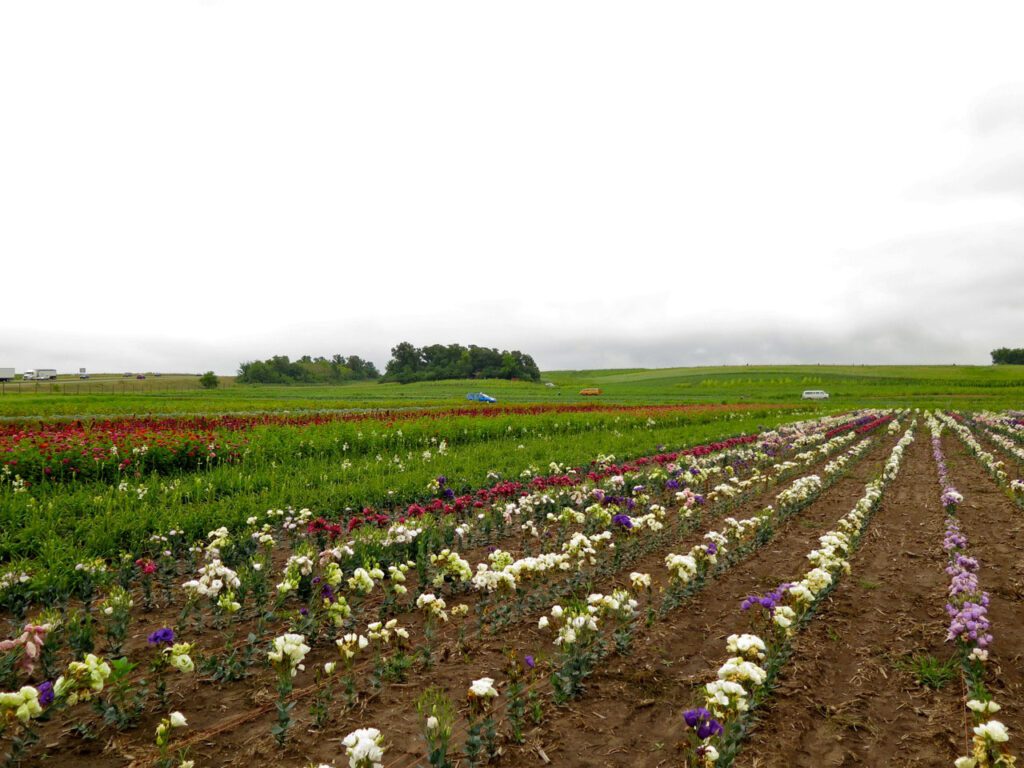
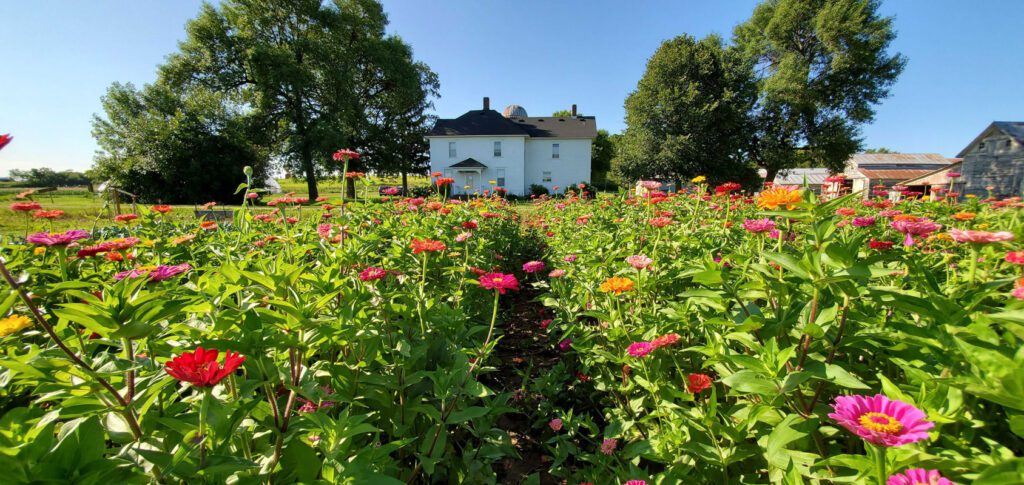
 We are dedicated to advancing the prosperity of Hmong farmers through cooperative endeavors, capacity building and advocacy. HAFA was started and is led by family farmers. Organizing is in our DNA.
We are dedicated to advancing the prosperity of Hmong farmers through cooperative endeavors, capacity building and advocacy. HAFA was started and is led by family farmers. Organizing is in our DNA.